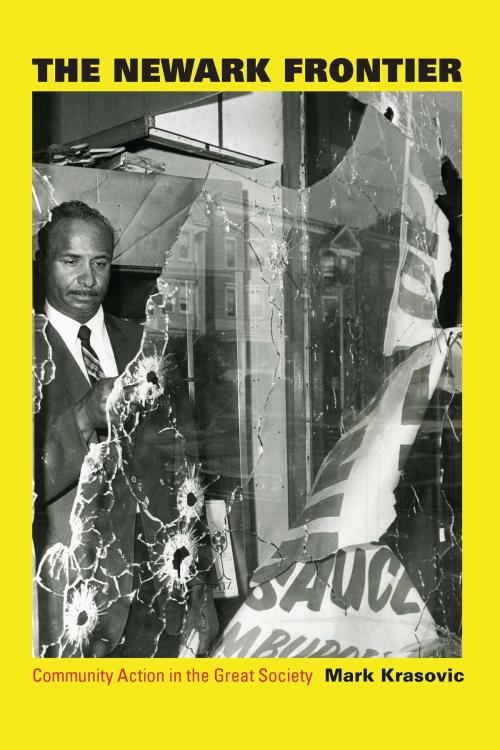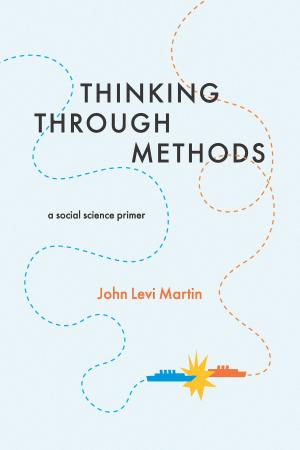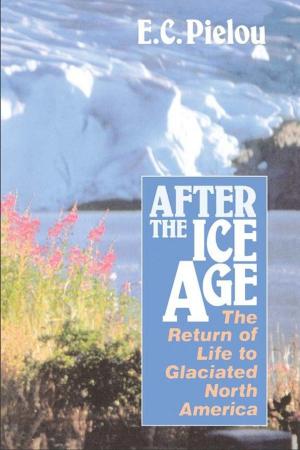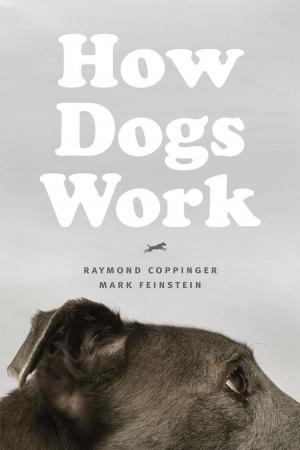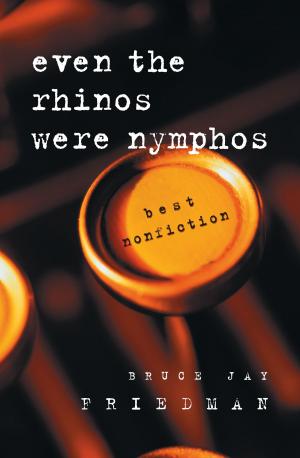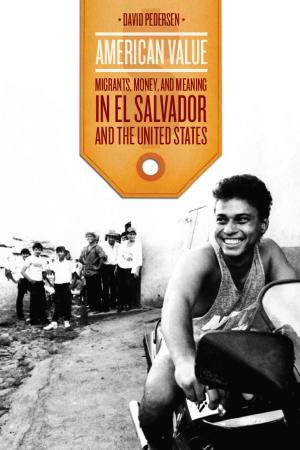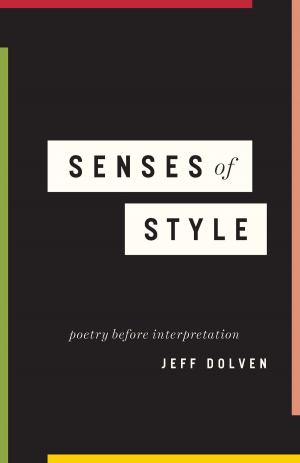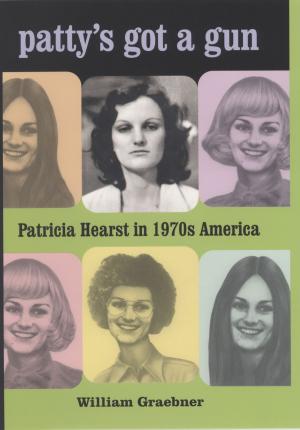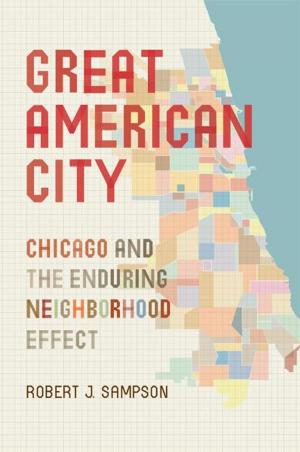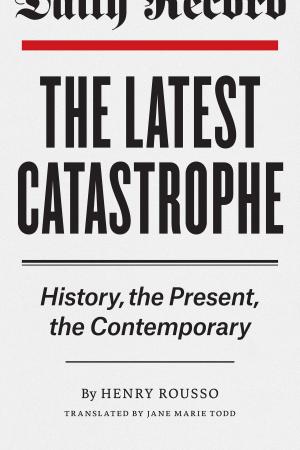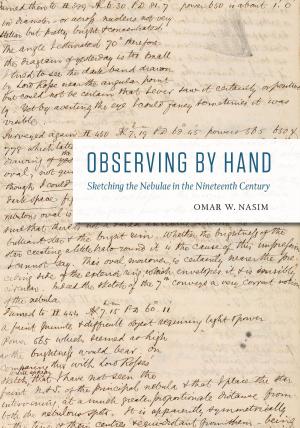The Newark Frontier
Community Action in the Great Society
Nonfiction, History, Americas, United States, 20th Century| Author: | Mark Krasovic | ISBN: | 9780226352824 |
| Publisher: | University of Chicago Press | Publication: | April 15, 2016 |
| Imprint: | University of Chicago Press | Language: | English |
| Author: | Mark Krasovic |
| ISBN: | 9780226352824 |
| Publisher: | University of Chicago Press |
| Publication: | April 15, 2016 |
| Imprint: | University of Chicago Press |
| Language: | English |
To many, Newark seems a profound symbol of postwar liberalism’s failings: an impoverished, deeply divided city where commitments to integration and widespread economic security went up in flames during the 1967 riots. While it’s true that these failings shaped Newark’s postwar landscape and economy, as Mark Krasovic shows, that is far from the whole story.
The Newark Frontier shows how, during the Great Society, urban liberalism adapted and grew, defining itself less by centralized programs and ideals than by administrative innovation and the small-scale, personal interactions generated by community action programs, investigative commissions, and police-community relations projects. Paying particular attention to the fine-grained experiences of Newark residents, Krasovic reveals that this liberalism was rooted in an ethic of experimentation and local knowledge. He illustrates this with stories of innovation within government offices, the dynamic encounters between local activists and state agencies, and the unlikely alliances among nominal enemies. Krasovic makes clear that postwar liberalism’s eventual fate had as much to do with the experiments waged in Newark as it did with the violence that rocked the city in the summer of 1967.
To many, Newark seems a profound symbol of postwar liberalism’s failings: an impoverished, deeply divided city where commitments to integration and widespread economic security went up in flames during the 1967 riots. While it’s true that these failings shaped Newark’s postwar landscape and economy, as Mark Krasovic shows, that is far from the whole story.
The Newark Frontier shows how, during the Great Society, urban liberalism adapted and grew, defining itself less by centralized programs and ideals than by administrative innovation and the small-scale, personal interactions generated by community action programs, investigative commissions, and police-community relations projects. Paying particular attention to the fine-grained experiences of Newark residents, Krasovic reveals that this liberalism was rooted in an ethic of experimentation and local knowledge. He illustrates this with stories of innovation within government offices, the dynamic encounters between local activists and state agencies, and the unlikely alliances among nominal enemies. Krasovic makes clear that postwar liberalism’s eventual fate had as much to do with the experiments waged in Newark as it did with the violence that rocked the city in the summer of 1967.
